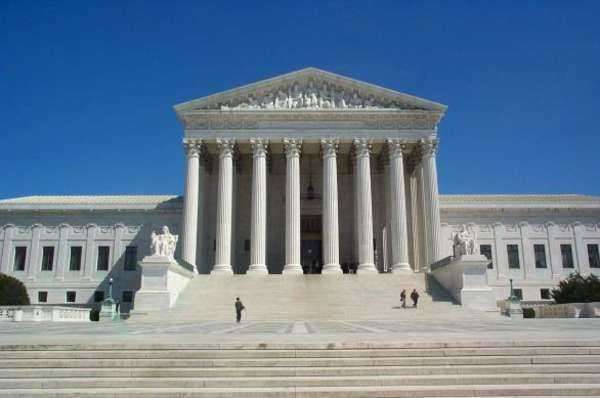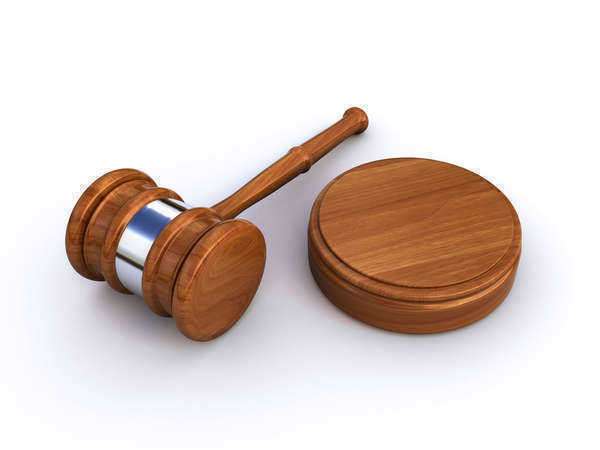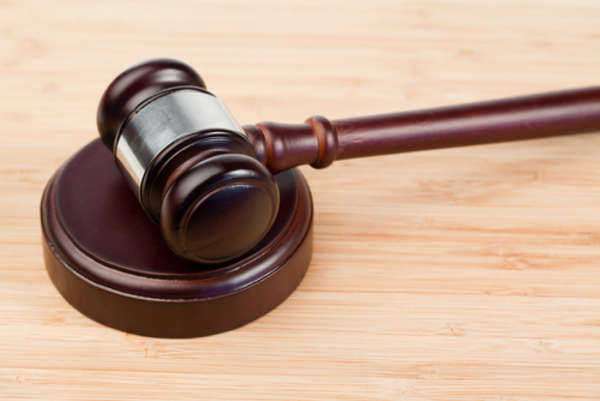Your Guide to Arizona Court Records

Arizona court records are usually made available to the public. In fact, cases can be looked up on the State’s website. However, some cases may be sealed to protect identities or for other reasons as seen fit by the courts.
Arizona court records can include divorce agreements. In fact, divorce cases are considered public information. That means that any allegations made during the divorce proceedings, including infidelity and abuse, are available in the AZ court records.
The divorce agreement is also available and it will list each and every detail of the divorce, including the amount of spousal support ordered. It may also include child custody and child support agreements, as well as other causes determined by the judge or in mediation.
In some cases, Arizona court records may be sealed. This can be ordered by the judge for several reasons. For example, the judge my order records sealed if a minor child is involved and they are a witness in the case. The judge may wish to protect the identity of the child, especially when the case involves abuse allegations.
Arizona court records may also be sealed to protect the identity of a witness that may be in danger because they testified. The case may also be sealed if information which was presented in the case may be used at a later date, perhaps in the trial of another individual.



















